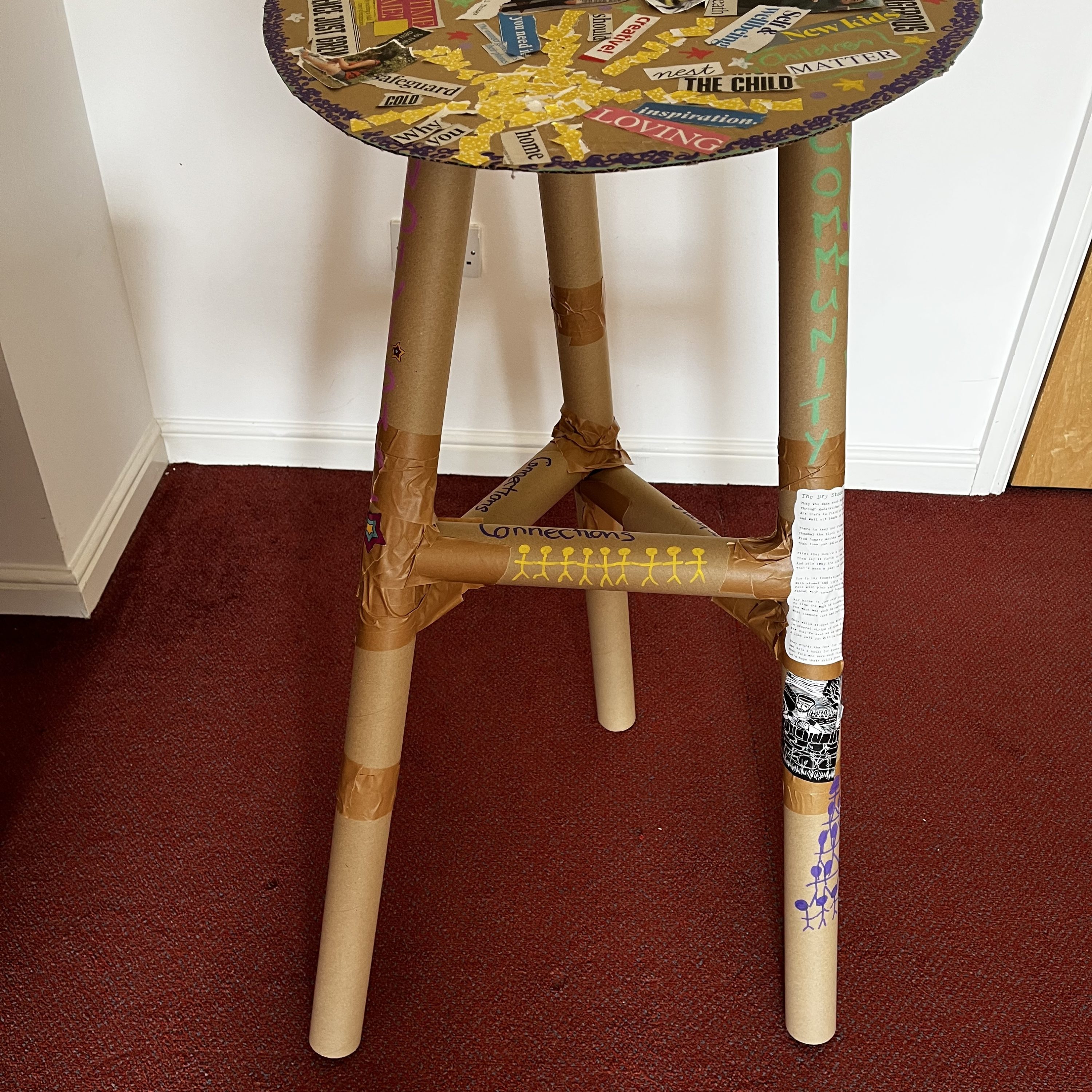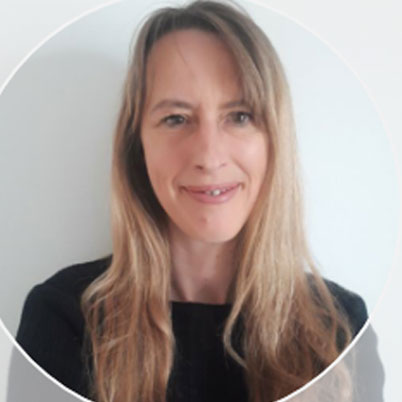A Good Society Is Made by Us

- Cat Plackett, Poverty Truth Network
- 30 June 2025
- 3 minute read
Over the past two and a half years, Carnegie UK has been working in partnership with the Poverty Truth Network, who work to bring together people experiencing poverty with local decision makers and organisational leaders to contribute to positive change by building relationships.
Through our three-year partnership, we have come together in Swansea, Coatbridge, and Manchester to spend time reflecting on what a society focussed on wellbeing would look like, democracy and what it means to us, and this year, the idea of the social contract. We are delighted to share a guest blog from the wonderful Cat Plackett, Poverty Truth Support and Engagement Worker, sharing her reflections from our time together this year.
Over the past few months, I’ve been part of something quietly powerful. In Manchester, Swansea, and Coatbridge, people gathered to talk—about life, about struggle, about what it means to live well together. We came from different places, different generations, different walks of life. But we shared one big question: what makes a good society—and how do we shape it together?
At the heart of these conversations was the idea of a social contract. It’s not a term many of us use day to day. It can sound stiff or distant—especially to those who’ve often felt that decisions are made about them, not with them. But really, it’s about something simple and human: the social agreements that shape our lives. How we look after one another. What we expect from the state, from our communities, and from ourselves. What we give, and what we receive in return.
And in every conversation, one theme kept running through it all: children and young people.
They were often at the centre, whether we were talking about justice, work, technology, or land. People spoke with urgency—and with deep tenderness—about the world we’re handing down. About the need for early support, joyful spaces to grow, and education that welcomes every child as they are. About helping children feel safe, feel seen, feel loved.
We imagined a social contract that begins with care—not control. One where parents and carers aren’t left to carry everything alone. Where trauma is met with compassion. Where children have room to play, to dream, to be.
Again and again, I was moved by the resilience, wisdom, and generosity in the room. People weren’t just asking for change—they were offering it. Sharing stories. Listening deeply. Naming truths, even when they were hard.
In a time when so much feels fractured, these workshops reminded me that a good society doesn’t start in policy documents or speeches. It starts in moments of trust. In the spaces between us. In the belief that we each have something to offer—and something to protect.
Social contracts, old or new, are not written in stone.
They’re shaped by how we live—and they must evolve with us.
If we want a fairer, more compassionate future, it begins here:
in how we care for our children and the most vulnerable—
and for one another.
A good society isn’t something done to us.
It’s something we build—together.
Help us make the case for wellbeing policy
Keep in touch with Carnegie UK’s research and activities. Learn more about ways to get involved with our work.
"*" indicates required fields
